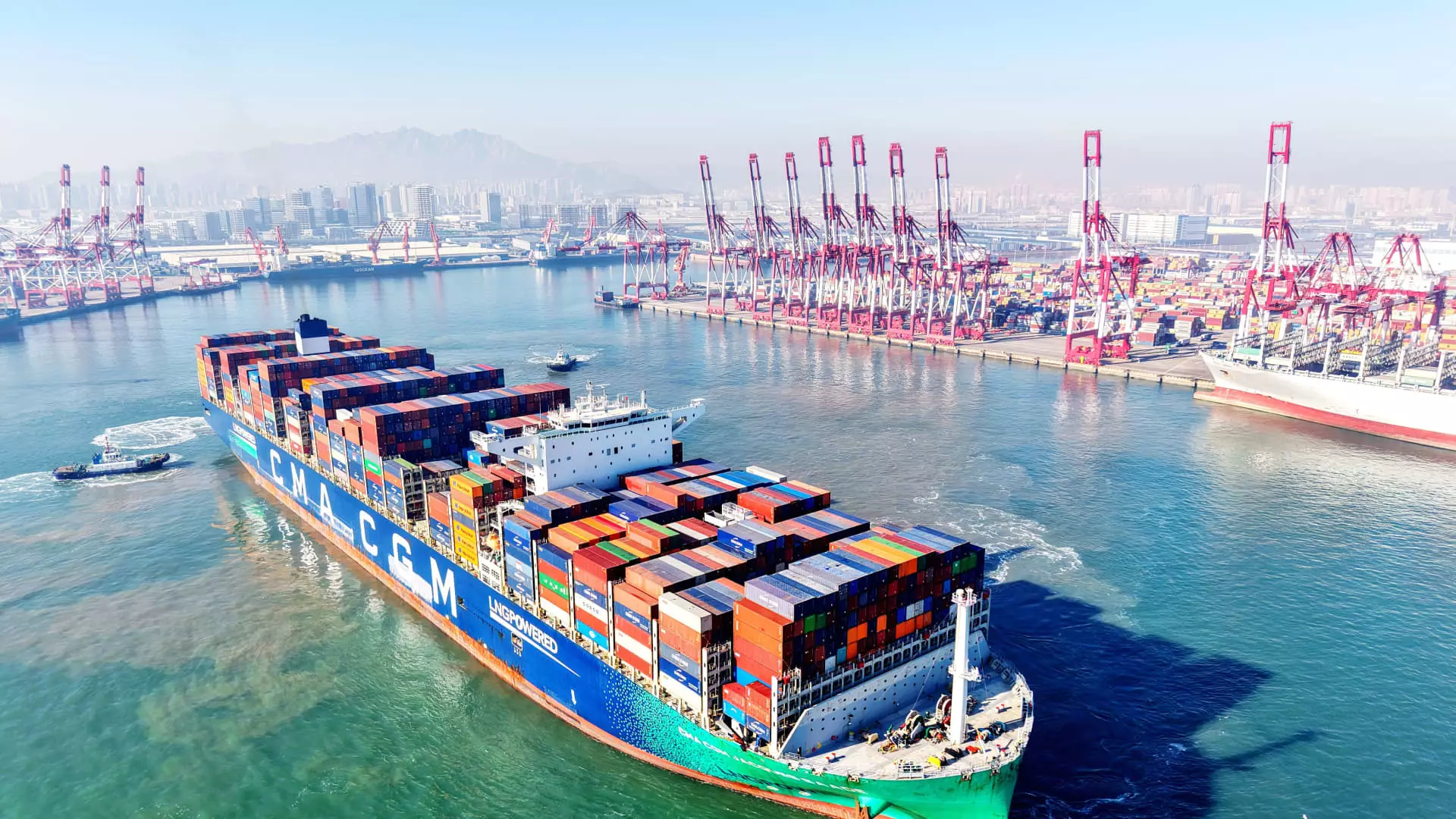As China’s economy grapples with rising tariffs and expectations of governmental stimulus, the investment landscape is witnessing a significant shift. Analysts at Citigroup have identified high-yielding mainland stocks as particularly appealing in the current environment. The recent drop in government bond yields, dipping to historic lows around 1.58%, has prompted a reevaluation of potential investment strategies within the A-share market, which encompasses stocks trading in mainland China. These developments suggest a crucial turning point for investors aiming to navigate a complex economic terrain.
The persistent decline in the 10-year government bond yield has created an attractive environment for yield-driven investments. With yields hovering around 1.64%, Citigroup analysts anticipate further reductions, projecting a potential interest rate cut by the People’s Bank of China (PBOC) and a decrease in the required reserve ratio. Such moves are indicative of a broader strategy aimed at stimulating economic activity amidst slowing growth rates. High dividend-yielding stocks are gaining traction, especially given that long-term investors have historically leaned towards these types of investments in China. Stocks in the banking and home appliance sectors, often yielding between 4% to 6%, have begun to eclipse government bonds, presenting a compelling opportunity for active investors.
The looming threat of increased U.S. tariffs under President-elect Donald Trump has contributed to fluctuating market conditions. Citigroup forecasts that these tariffs could be implemented by the second quarter and escalate in stages, which would likely have a pronounced impact on China’s exports and overall GDP growth—projected to decrease by around 6% and 1%, respectively. However, after recent discussions with Chinese officials, Citigroup analysts have observed a focused intention on maintaining steady economic growth, highlighting the importance of both external trade relations and domestic fiscal measures.
The anticipated imposition of tariffs may induce volatility in stock prices, but it could also trigger a temporary recovery in the Chinese stock market if a cooperative agreement is reached. Nonetheless, analysts maintain that such developments would not rectify the prevailing deflationary pressures or deeper structural issues affecting the Chinese economy.
The Long-Term Outlook for High-Yield Investments
Despite the challenges posed by tariffs and the overall economic climate, the outlook for high-dividend yielding stocks remains positive. The recent fluctuations, particularly in sectors sensitive to commodity prices, have raised some concerns regarding the sustainability of these high yields. Yet, high-yield bank stocks are expected to attract more attention from yield-seeking investors in the domestic market, particularly those looking for stable returns amid economic uncertainty.
As China reported a GDP growth of 5% for 2024, aligning with governmental targets, it is essential to consider that the actual growth rate, accounting for deflationary influences, may reflect a more conservative figure of 4.2%. The effectiveness of policymakers in addressing persistent deflationary trends plays a pivotal role in restoring economic stability. Their imminent plans to expand the fiscal deficit, alongside anticipated supports for the real estate sector, underscore the urgency of implementing measures that promote growth and recover investor confidence.
Investors in China face an increasingly intricate economic landscape characterized by variable tariff implications, declining bond yields, and government stimulus measures. While the appeal of high-yield stocks continues to rise, caution is warranted due to the volatility stemming from external factors, including the ongoing trade tensions with the U.S. As the PBOC potentially adjusts monetary policy and the government considers new fiscal strategies, the long-term viability of investment portfolios in this climate will depend significantly on adaptive strategies and a profound understanding of the underlying economic conditions at play. Yield-seeking investors must remain vigilant and responsive to unfolding events as they navigate the intricate complexities of China’s financial ecosystem.

